But 'System.__ComObject' is not accessible because it is 'Friend'.
That's true. However System.__ComObject inherits from public MarshalByRefObject. And DebuggerDisplay attribute will work for all derived classes if you set it for their base class. So you could set typeof(MarshalByRefObject) as a target for DebuggerDisplay attribute.
If you do this, you can't just use {Text} in formatter because MarshalByRefObject does not have such property. To overcome this, you could define the simple static helper that will check what is the type of passed object. If it's a Range it will call Text on it. Otherwise it will default to obj.ToString():
public static class DisplayHelper
{
public static string DisplayRange(MarshalByRefObject obj)
{
var range = obj as Range;
return range?.Text ?? obj?.ToString() ?? "The value is null";
}
}
Now you could set DebuggerDisplay attribute:
[assembly: DebuggerDisplay("text: {FullNamespace.Here.DisplayHelper.DisplayRange(this)}"
, Target = typeof(MarshalByRefObject))]
Be sure to specify full namespace for DisplayHelper class (replace FullNamespace.Goes.Here with your actual namespace).
Here is result view in the debugger:

